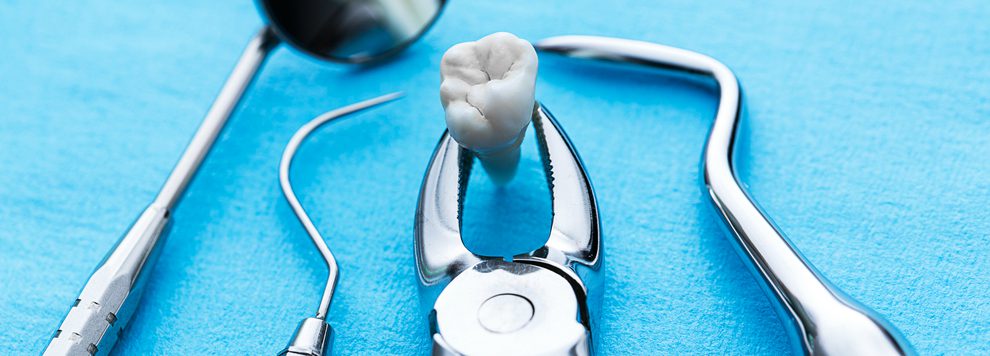Wisdom teeth were the answer to our ancestor’s early food style which includes coarse foods like nuts, roots, leaves, and meats that needs more munching power and resulted in excessive wear of their teeth. Now, the modern diet with its very soft foods, along with the modern technologies like spoons, forks and knives, has made the requirement for wisdom teeth non-existent. As a result, biologists categorise wisdom teeth as a body part that has become functionless due to advancement in technologies.
Why Do Wisdom Teeth Wait Longer to Erupt?
The tooth development, from a baby’s primary teeth to his/her permanent teeth, takes place in a systematic order, with the first molar erupting at the age of 6 and the second molar around the age of 12. Wisdom teeth that begin forming at the age of 10 are the last set of molars, so they generally don’t erupt until you are between 17 and 25. Since this is the age that people are said to become wiser, this set of teeth has been nicknamed as “wisdom teeth”.
There are also a number of people who never get wisdom teeth, but for those who have, the number will be between one and four. According to some studies, on very rare occasions, more than four wisdom teeth may grow. Scientific works has yet to be able to explain why the number of wisdom teeth per individual varies. But for those who do get these unnecessary or extra teeth, it can lead to many problems.
Why Wisdom Teeth Create Problems?
Since human jaws have become smaller, when wisdom teeth erupt they often become blocked or impacted, by the other teeth around them. Likewise, if the wisdom tooth partially erupts, the food particles can get trapped in the gum tissue surrounding it, which will lead to bacteria growth and, possibly, very serious infection.
A wisdom tooth that does not erupt but remains stuck away can also lead to oral problems including crowding or displacement of permanent teeth. On very rare occasions, a cyst may form in the soft tissue surrounding the impacted wisdom tooth. These cysts will lead to jaw expansion, bone destruction, or damage to the surrounding teeth. Even more uncommonly, tumours can also develop in the cysts, which can lead to the jaw spontaneously breaking if the cyst or tumour grows too much. You should follow your dentist’s advice to stay free of gum disease.
There are few people in Sydney having wisdom teeth that function just as well as every other tooth in the mouth. As a result they do not need to undergo wisdom teeth removal in Sydney. But, we cannot predict when the third molar complications will occur, and some of the studies estimate that about 85% of wisdom teeth will eventually need to be removed.

